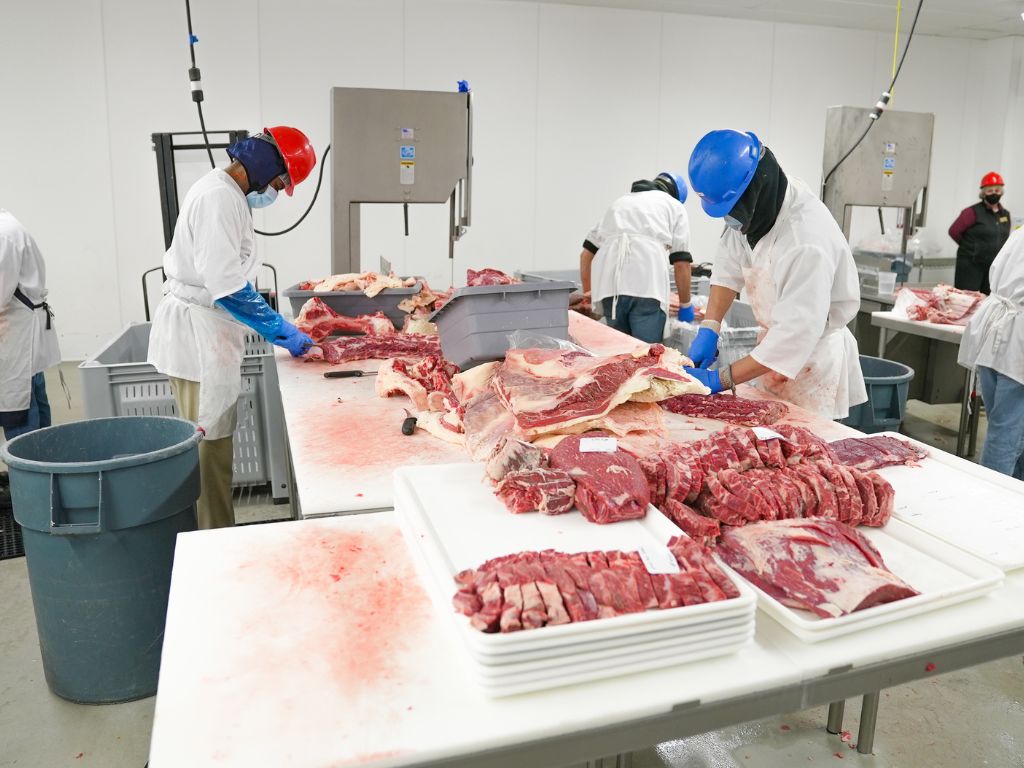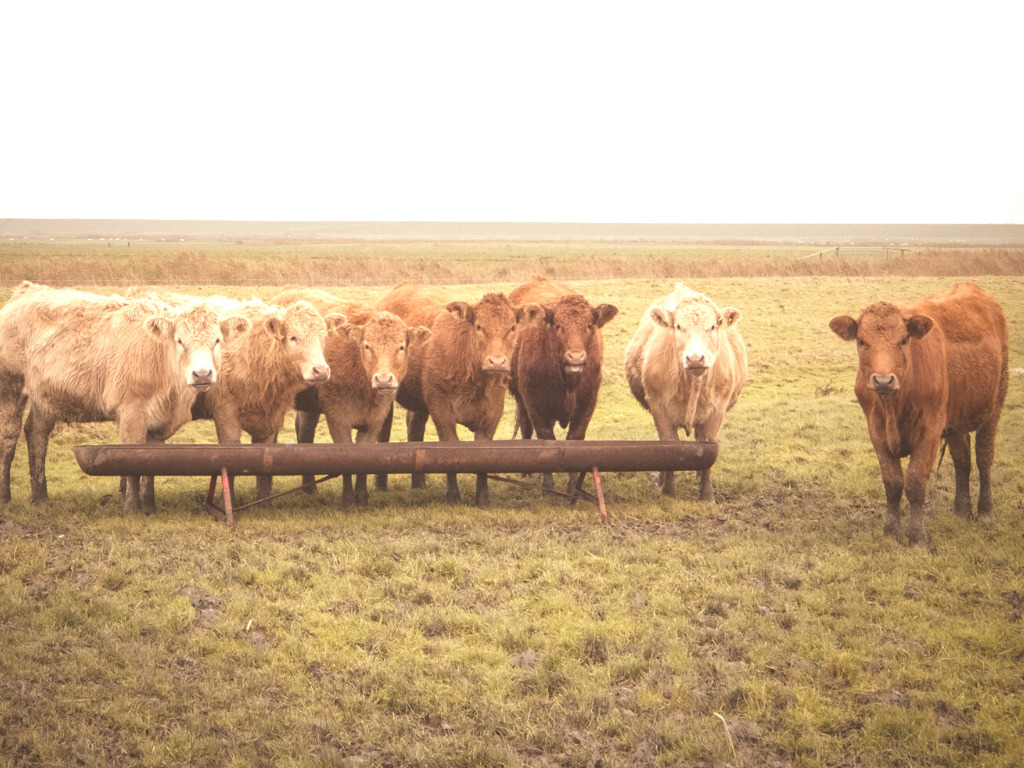How to Pass a Meat Tax: Start Small And Make It About Animal Welfare, Study Finds
3 Mins Read
A recent study aimed to investigate whether consumers are more likely to support a meat tax to improve animal welfare or to mitigate climate change.
The study, published in the journal Nature Food, was conducted in Germany, where policymakers are currently discussing the implementation of a meat tax.
The researchers designed an online survey for almost 3,000 German consumers to explore how the amount of tax, the use of the tax, and differentiated or uniform tax schemes would affect their support for the idea.
The findings
The results of the study showed a surprising motivation: a tax to improve animal welfare received significantly more support than a tax to help farmers reduce emissions. The use of the tax was crucial, with consumers more likely to support a tax if they know the funding will be used to improve the living conditions of farmed animals.
The promise of climate mitigation measures did less to inspire consumers’ enthusiasm; the higher the tax rate rose, the lower support dipped. A tax of about €0.19 per kilogram of meat had support from 62 percent of voters. This majority support remained in place for this tax rate, regardless of how the other factors changed.

The study also found that how the tax was apportioned across products made little difference in either the welfare or the climate levy scenario. Whether a uniform tax was applied or products were taxed variably according to impact levels, it barely influenced consumers’ level of support.
The results of the study suggest that consumers largely support a meat tax, but only under certain conditions, which policymakers should take into account. The sensitivity to price could mean proposed taxes that start small and slowly will have a better chance of succeeding than drastic taxes.
Framing it as a welfare tax and not a climate levy could win more voters. On this front, the researchers recommend that consumers know exactly how their tax will be used on farms, to tap into the emotive power of animal welfare concerns and therefore improve support.
Can meat taxes work?
“Our study provides important insights for policymakers on how to design a tax on meat to receive public support,” the researchers wrote. “[G]iven that the rate of support for a tax on meat is strongly decreasing, in particular, at the lower end of the range tested in our study as well as in the extant literature, we recommend starting with a low rate when introducing a tax on meat,” they noted.

The researchers pointed to New Zealand, which proposed a livestock emissions tax last year. The Netherlands has also proposed taxes but they stalled in parliament. The U.K. is also exploring a meat tax, which the country said would have a substantial impact on both GHG emissions and public health, but it was not adopted in the 2021 National Food Strategy. Denmark also saw a 2016 proposal rejected by lawmakers.
“Our findings could be particularly relevant for the failed proposals by checking if the taxes could have been defined or framed differently,” the researchers wrote. “Future research could leverage our design and compare support rates internationally.”




